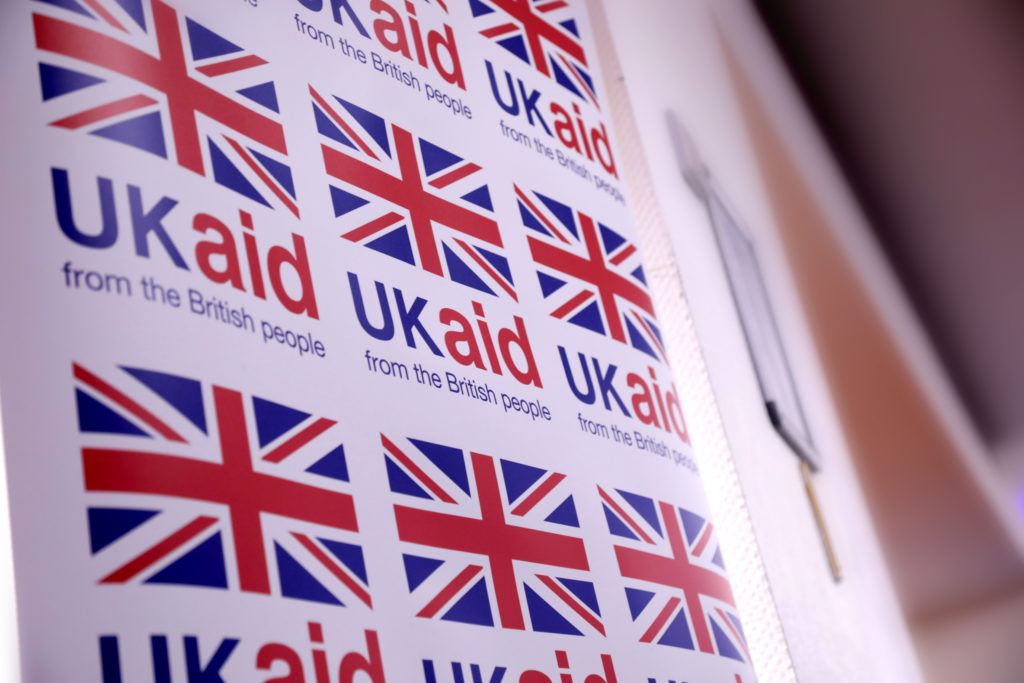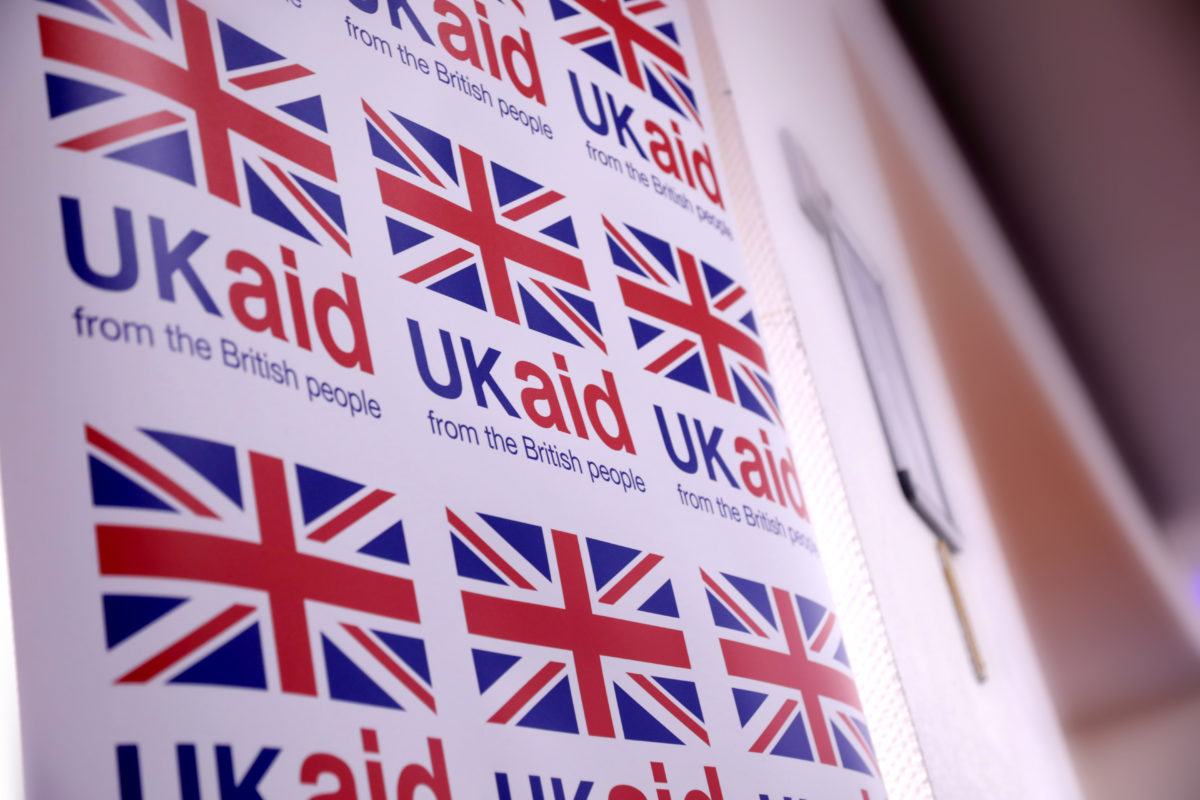‘DFID’s demise is another nail in the coffin of Global Britain’ – DHA managing director and former ministerial special advisor, Daniel Harris reflects on the end of an era.

1997. A new government department. DFID. Global Britain. That day in May, we walked into the Victoria Street building and, if the civil servants had had hats, they would have thrown them in the air. The building was a backwater in government terms. An outpost where MPs who were friends of the PM, who needed “putting somewhere”, were sent – but it was about to change. That is not to take away from the commitment of Joan Lestor, Lynda Chalker and others. But they led the Overseas Development Administration. An adjunct of the Foreign Office. And that is where we are headed now.
At its creation, DFID had ambition. It had a mandate. And, crucially in those early days, in Clare Short it had a formidable leader. Tony Blair and Gordon Brown knew very well that our place in the world, the decline of empire and influence, and the opportunity to eliminate poverty were significant emblems of what New Labour wanted to be. We rarely made the front pages, though we had our moments, but what struck me when we started work in May of that year was the quality of the people. You do not go to that department if all you want is status and rank in the civil service. These were serious people who had spent their lives understanding how to “do” development but not having the mandate. These were people who had been waiting for this moment. That is why the hats, metaphorically, were thrown skywards.
Development was the word. Not aid. This was not about building roads or schools or hospitals and plonking a British flag on them. Not then, anyway. It was about all the reasons why poverty happens in the first place. Climate change. Conflict. War. Corruption. Tax. And, yes, foreign policy and the colonialism. I remember an ambassador serving Brown Windsor soup and admitting that going out into the country and seeing what was going on was neither his place nor his wish. “I am the extension of British government in the world,” he said, “and I will promote our interests above all else. I do not get my hands dirty.”
Of course, we have moved on. More than 20 years on there are different people in the Foreign Office, and few remember the days of Empire. But it is not that different. As many in Whitehall acknowledge, the Foreign Office is stuffed with those who have such an elite and outdated view of what foreign diplomacy is all about that expecting them to understand why funding projects to get more girls into school, for example, are in our interests is like expecting Boris Johnson to know what it is like to grow up on an inner-city estate.
To be fair, Clare Short needed putting somewhere. This troublesome, yet popular, politician was better inside than out Blair’s people decided. We were not high on any agenda. But Clare, sometimes quietly and sometimes very noisily, went about the business of constructing a noble agenda for Britain. This was a calling that gave – and still gives – Britain a seat at the table – if you want to see it that way. Our soft power. It gives the UK standing, particularly for its expertise as well as its unselfish commitment to improving lives. Sometimes, when governments do the right thing, they get enormous credit. That is what DFID has brought to us. And the returns, though often unquantifiable, are unimaginably large. It is a lesson many governments, including this one, would do well to learn.
Budgets. Yes, they grew, and many were resentful. £15 billion today, but just 0.7% of GDP. Think about that. It is a large sum. But 0.7% leaves 99.3% for everything else. But the attacks came. And few made the alternative case. And, to be honest, DFID has not had enough champions in government for much of the time. It has even had Secretaries of State who wanted the Department abolished.
But in those early days, we always had Gordon. The money man. His commitment was clear from day one. As well as giving him a global stage, this was the man that got countries to put future spending commitments into bonds that have paid for billions of children to receive vaccinations. This was the man that led debt cancellation for the most indebted countries lifting millions out of poverty. He had the vision to see DFID as a force for good, but also an instrument that could place the UK as the respected, leading engine of global development.
Those early days felt ambitious and important. They seemed to be about something bigger than the short-term news agenda. They built valuable relationships that helped Britain and, my goodness, they created opportunity and life chances, prevented early deaths, built economies all of which makes us, here in the UK, safer and more resilient.
DFID has been around now for 23 years and, whether measured in the millions of lives saved or status gained, what is lost in a narrow, opportunist political act designed to distract in times of trouble and force opponents to back something other than home interests will have repercussions that last another quarter of a century. The real idea of Global Britain has died a little more today.
Photo credit: DFID/ Rich Taylor

